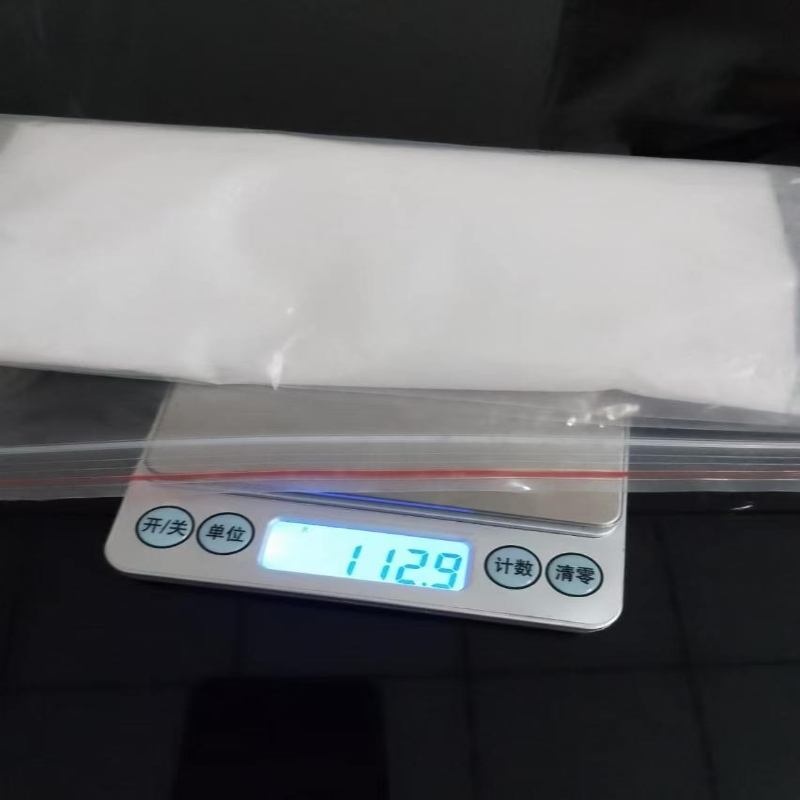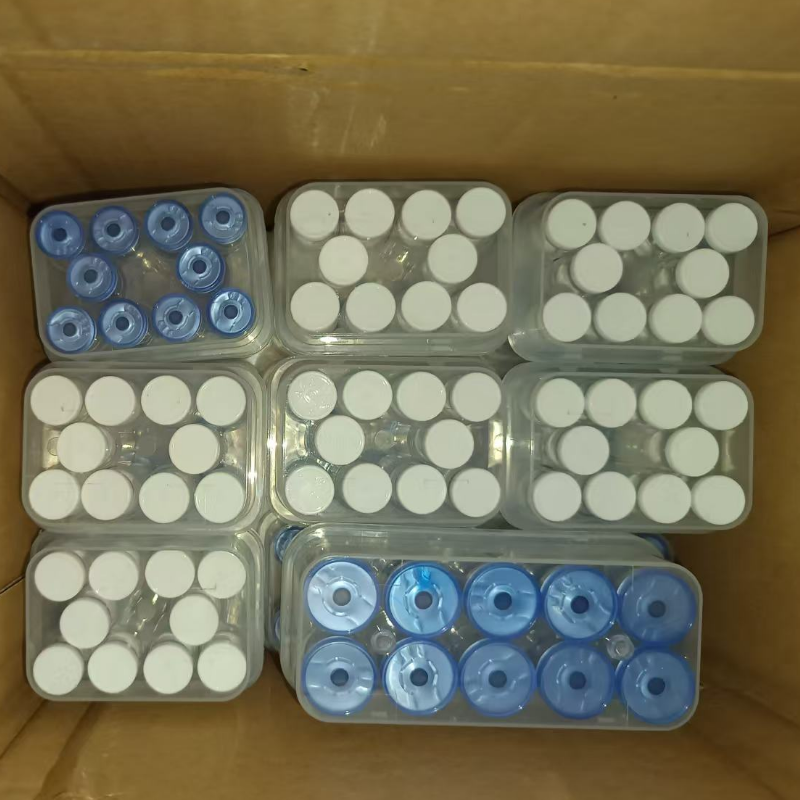-
Categories
-
Pharmaceutical Intermediates
-
Active Pharmaceutical Ingredients
-
Food Additives
- Industrial Coatings
- Agrochemicals
- Dyes and Pigments
- Surfactant
- Flavors and Fragrances
- Chemical Reagents
- Catalyst and Auxiliary
- Natural Products
- Inorganic Chemistry
-
Organic Chemistry
-
Biochemical Engineering
- Analytical Chemistry
-
Cosmetic Ingredient
- Water Treatment Chemical
-
Pharmaceutical Intermediates
Promotion
ECHEMI Mall
Wholesale
Weekly Price
Exhibition
News
-
Trade Service
This article is the original of the translational medicine network, please indicate the source when reprinting
Author: Sophia
Introduction: Gastric cancer refers to a malignant tumor of the upper gastrointestinal tract that originates in the stomach and seriously threatens human health and has a poor prognosis
.
Globally, stomach cancer is the second most likely cancer to cause death in both men and women
.
The incidence of stomach cancer is particularly prevalent
in East Asian countries.
Men have a 1 in 50 chance of developing stomach cancer
in their lifetime.
In China, the number of new cases of gastric cancer accounts for about 44%
of the global number of new cases.
On September 26, 2022, the team of researchers from Peking University Cancer Hospital and Peking University International Cancer Institute Wu Jianmin and Professor Ji Jiafu team published a research paper
entitled "Dual roles of β-arrestin 1 in mediating cell metabolism and proliferation in gastric cancer" in the international journal PNAS 。 Through the comprehensive analysis of clinical cohorts, cell functions and molecular mechanisms, this study reveals a new mechanism by which β-arrestin 1 (ARRB1) binds to PKM2 protein to regulate the metabolic reprogramming of gastric cancer cells, and finds that intervention in the ARRB1-PKM2 regulatory axis can effectively inhibit the proliferation
of gastric cancer cells.
overview
01
β-Arrestin 1 (ARRB1) has been recognized over the past decade as a multifunctional adapter protein that goes beyond its initial role
in G protein-coupled receptor signal transduction and desensitization.
During the study, researchers used preclinical models derived from patients in combination with cohort analysis and functional studies to determine the important role
of ARRB1 in mediating the metabolism and proliferation of gastric cancer (GC) cells.
Overexpression of ARRB1 is associated with poor prognosis in GC patients, and knockdown of ARRB1 impairs cell proliferation
in vitro and in vivo.
Interestingly, ARRB1 depicts different subcellular localizations during organoid cultures (7 days) to perform dual functions
.
Further analysis showed that nuclear ARRB1 binds to the transcription factor E2F1, triggering upregulation of proliferative genes, while cytoplasmic ARRB1 regulates metabolic fluxes by binding to pyruvate kinase M2 isomer (PKM2) and hindering PKM2 tetramerization, thereby reducing pyruvate kinase activity and leading to a shift in cellular metabolism from oxidative phosphorylation to aerobic glycolysis
。 Since ARRB1 localization is primarily shown in the cytoplasm of human GC samples, the therapeutic potential of the ARRB1-PKM2 axis was tested, and the researchers found that the PKM2 activator DASA-58 can attenuate tumor proliferation, especially in ARRB1 high organoids
.
Together, the data in this study highlight the spatiotemporal dependent role of ARRB1 in mediating GC cell metabolism and proliferation, and suggest that reactivating PKM2 may be a promising therapeutic strategy
for some GC patients.
Research progress
02
First, through the gastric cancer clinical cohort study, the researchers found that the expression level of ARRB1 in tumor tissue was significantly higher than that in normal tissue, and the high expression of ARRB1 was positively correlated
with the poor prognosis of patients with gastric cancer.
The researchers further used patient-derived organoid models of gastric cancer for functional studies and found that reducing ARRB1 expression significantly inhibited the proliferation of gastric cancer organoids
.
Subsequently, the researchers found that the binding of ARRB1 to PKM2 inhibited the formation of PKM2 tetramers with high enzyme activity, and the PKM2 protein in the cell was maintained more in the dimer and monomer state, thereby significantly reducing the PKM2 kinase activity
.
The truncators of ARRB1 and PKM2 proteins were constructed, the binding domains of ARRB1-PKM2 were clarified through mutual interaction experiments, and the degree
of inhibition of PKM2 activity by different domains was explored.
Finally, in the analysis of antimicrobial susceptibility experiments of organoid and tumor-bearing mouse models, the researchers found that the PKM2 agonist DASA-58 can effectively relieve the inhibition of PKM2 activity of ARRB1 and have a significant inhibitory effect on tumor proliferation, among which tumors with high expression of ARRB1 are more sensitive
to PKM2 agonists.
Pattern diagram of ARRB1 regulation of PKM2-mediated tumor metabolism reprogramming
Research implications
03
The study revealed the regulatory role and related mechanisms of ARRB1 in tumor metabolic reprogramming, and showed that enhancing PKM2 kinase activity can effectively inhibit the excessive proliferation of tumor cells caused by high expression of ARRB1, which provides a theoretical basis
for the subsequent development of a new strategy for gastric cancer treatment based on tumor metabolic vulnerability.
Resources:
This article is intended to introduce medical research advances and cannot be used as a reference for
treatment options.
For health guidance, please visit a regular hospital
.
Recommended Live/Events
09/27 14:00-17:30 Shanghai
Innovative technology to facilitate the summit forum on accurate diagnosis and treatment of tumors
Scan the code to participate for free
November 01-02 09:00-17:30 Chongqing
The 1st Southwest Single Cell Omics Technology Application Forum
Scan the code to participate for free
November 25-27 09:00-17:30 Shanghai
The 4th Shanghai International Cancer Congress
Scan the code to participate







